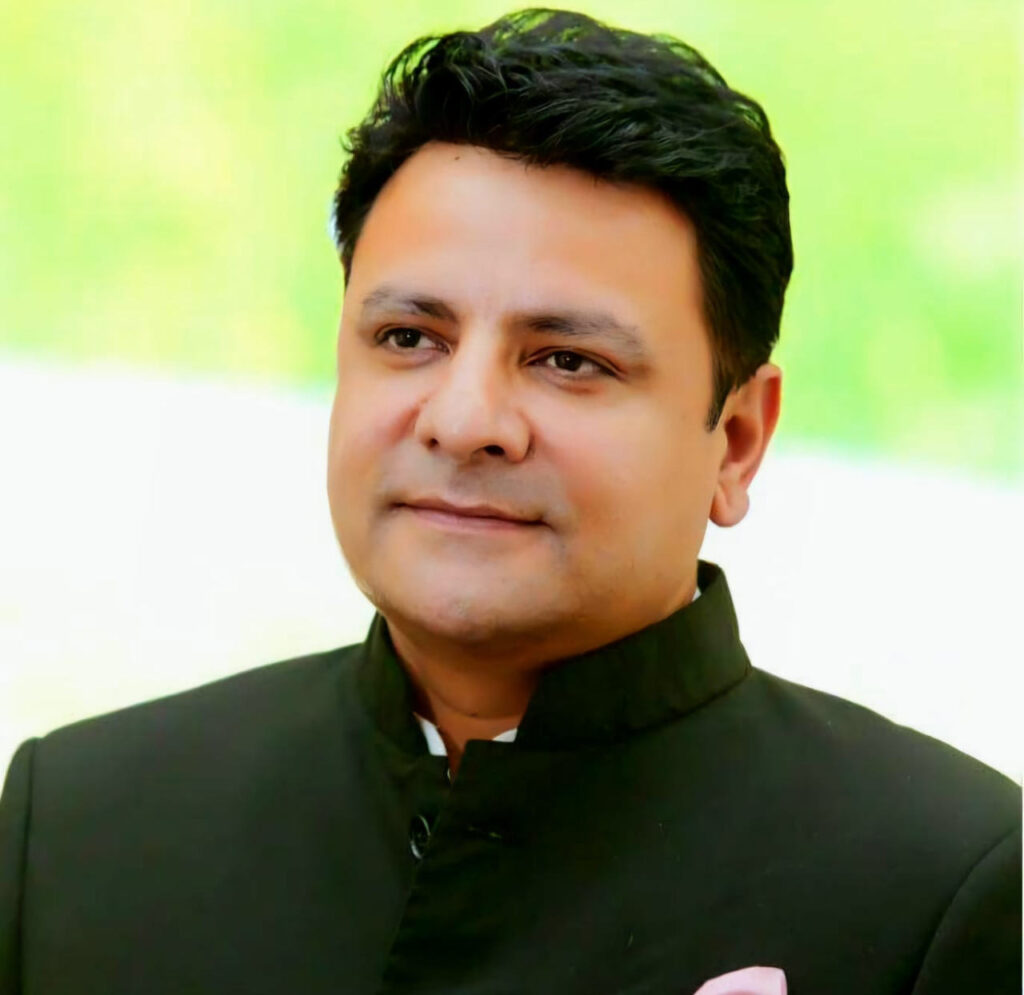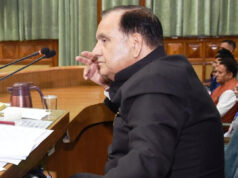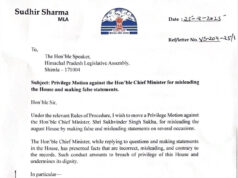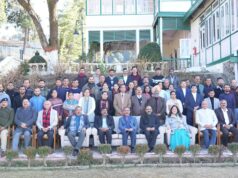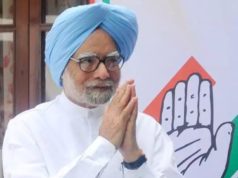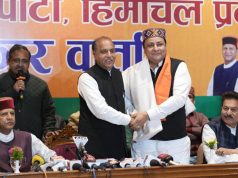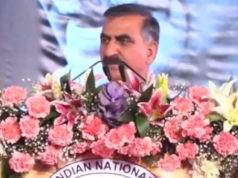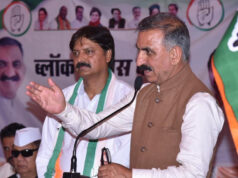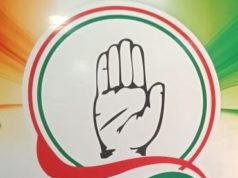The BJP has launched a scathing attack on the Congress party, accusing it of sidelining former Prime Minister PV Narasimha Rao while advocating for a memorial for Manmohan Singh. BJP MLA Sudhir Sharma criticized Congress for its alleged bias against leaders outside the Gandhi family, raising questions about the party’s commitment to honouring its own leaders.
Sharma pointed out that when Narasimha Rao passed away in December 2004, his body was not allowed to be kept at Congress Bhawan in Delhi, and his last rites were performed in South India. “Despite being a Congress Prime Minister, Rao was denied the respect he deserved. Even today, there is no memorial for him in Delhi,” Sharma said.
The BJP leader also questioned why Congress, which was in power at the time under Prime Minister Manmohan Singh, failed to build a memorial for Rao. “The party has now demanded a memorial for Manmohan Singh, and it has been approved by the BJP-led central government. But why was Rao, who played a pivotal role in India’s economic transformation, ignored?” he asked.
Rao, who served as Prime Minister from 1991 to 1996, is credited with introducing landmark economic reforms that opened India’s economy to global markets. Despite his significant contributions, his legacy has often been overshadowed within Congress, a point frequently raised by critics.
Sharma further alleged that Congress has a history of sidelining non-Gandhi leaders. “The public remembers how Rahul Gandhi insulted Manmohan Singh by tearing an ordinance during his tenure as Prime Minister. This pattern of disrespect is not new,” he added.
The debate over memorials has reignited discussions about Congress’s approach to legacy-building and its treatment of leaders who are not part of the Gandhi family. The BJP’s criticism comes as the Congress seeks to position itself as a party that values its past leaders, even as questions linger over its handling of Rao’s legacy.
As the political tussle continues, the issue highlights the broader dynamics of how leaders are remembered and celebrated in Indian politics, with Rao’s contributions once again emerging as a focal point of national attention.


